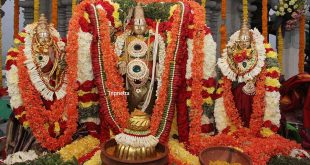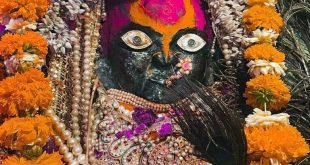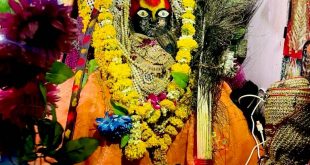Shirdi Sai Baba Aarti
For the devotees who come to have Darshan of Sai Baba, attending Shirdi Sai Baba Aarti is one of the highlights of their visit. Daily there will be 4 Aarthis namely, Kakad Aarthi, Madhyan Aarthi, Dhup Aarti, and Shej Aarthi, which are offered at 4:30 AM, 12:00 PM, 6:30 PM and 10:30 PM.
Aarthi is a form of worship with Lights and Music, celebrated with particular energy, style, and enthusiasm in Maharashtra and especially in Shirdi. Devotees can experience easily the soul and power of Sai Baba during Aarthi. The smell and the devotion of devotees will make the new person enjoy and get fall in love with Sai Baba. Some will say that this is the perfect time to worship and ask the desires as devotees believe that baba comes “alive” for them.
The effect of Aarthi in the group and its stirring emotions of yearning, faith, and devotion in the hearts. The same thing happens even at the time of Baba, Aarthi is the celebration when Baba’s grace particularly felt and experienced by the devotees.
The devotional songs are sung in the Aarthi, about half were composed especially for Sai Baba and are the traditional Aarthi songs by the Medieval Poet Saints of Maharashtra. The Aarthi is broadcasted by an amplified system throughout the village.
For attending Aarthi devotees should join the other queue apart from the normal Darshan queue. The queue will be started for the Aarthi an hour before the Aarthi held. The devotees should wait for some time in the queue as the management will clear the devotees who are for the normal Darshan before Aarthi and clean the temple floor and make Baba get ready for the Aarthi. If devotees can’t attend the Aarthi in the Samadhi Mandir they can join the Aarthi in Dwarakamai as it was the place where Aarthi was performed to Baba and still devotees gather here to worship. The alternate process is to watch the Aarthi on one of the outside television screens situated around the Samadhi Mandir including Gurusthan.
While singing devotional songs simultaneously, a devotee can cut across the awkward and annoying insulations of the ego and merge easily into the group rhythm. It produces a sense of expanded consciousness in which one can lose the individual ‘voice’. The sense of being ‘apart from the world’ is subtly replaced by an awareness of being a part of a ‘whole’.
 Hotel Booking, Tour and Travel Planning, Online Tickets Tour Planning, Designing Packages, Hotel Booking
Hotel Booking, Tour and Travel Planning, Online Tickets Tour Planning, Designing Packages, Hotel Booking


